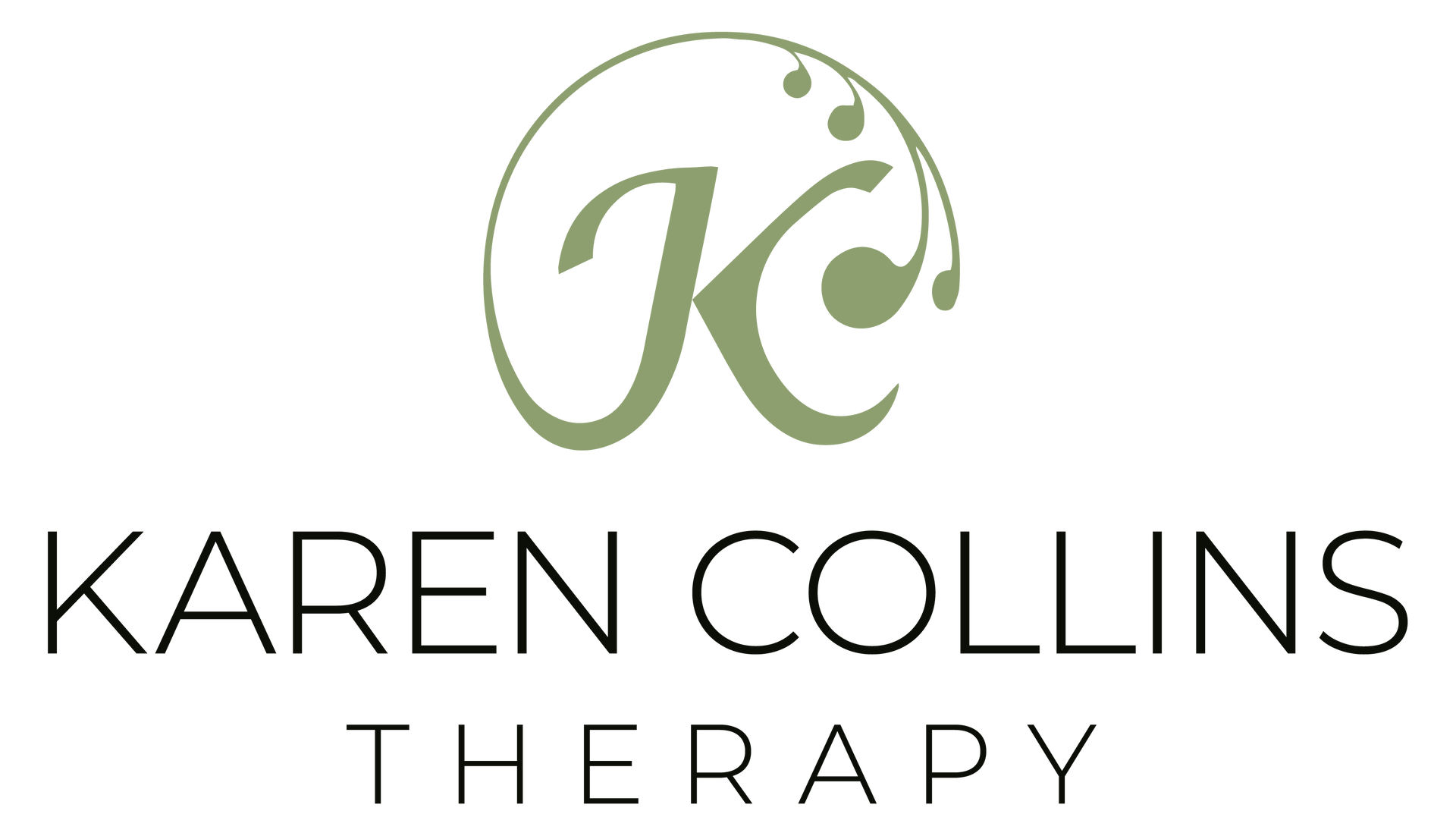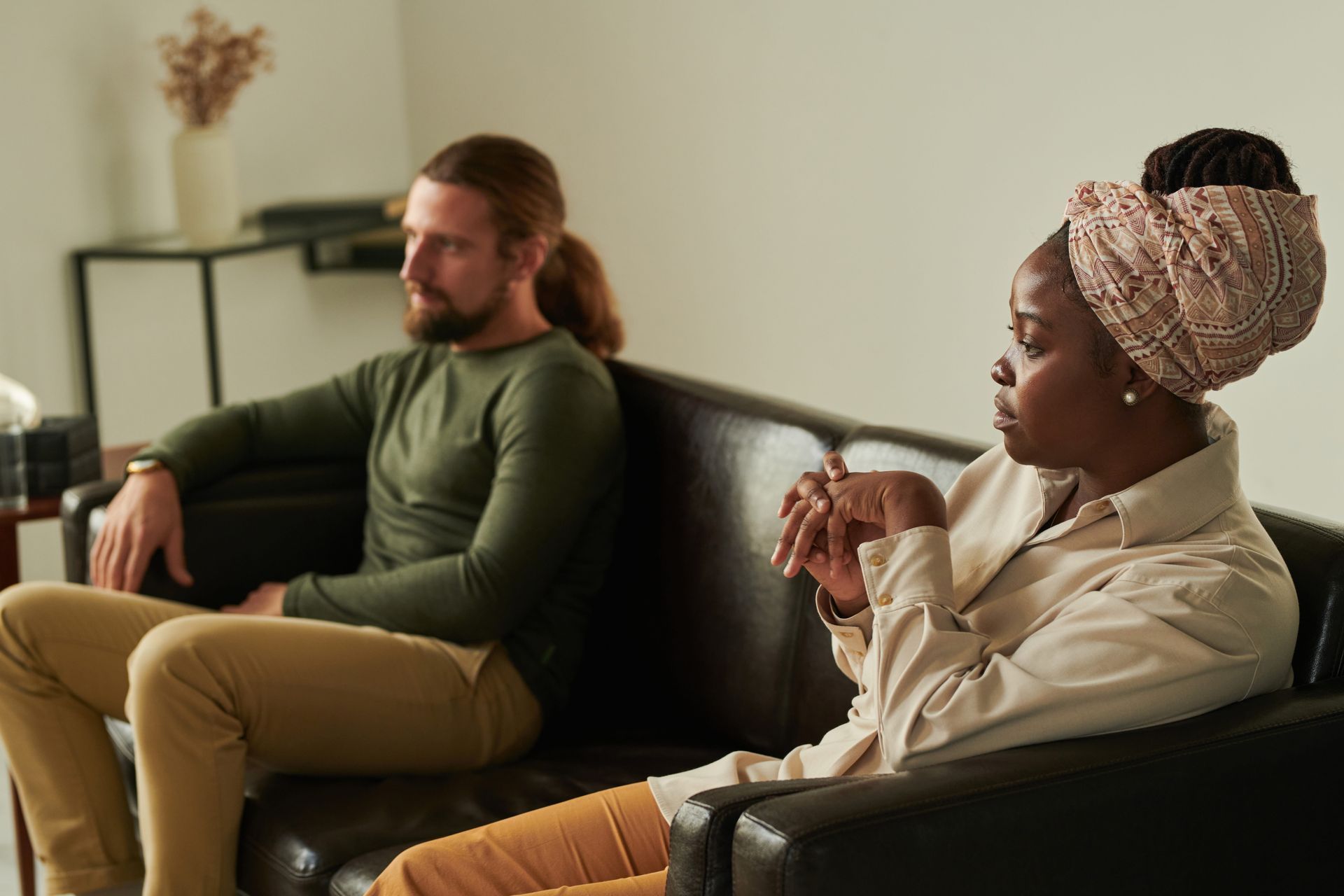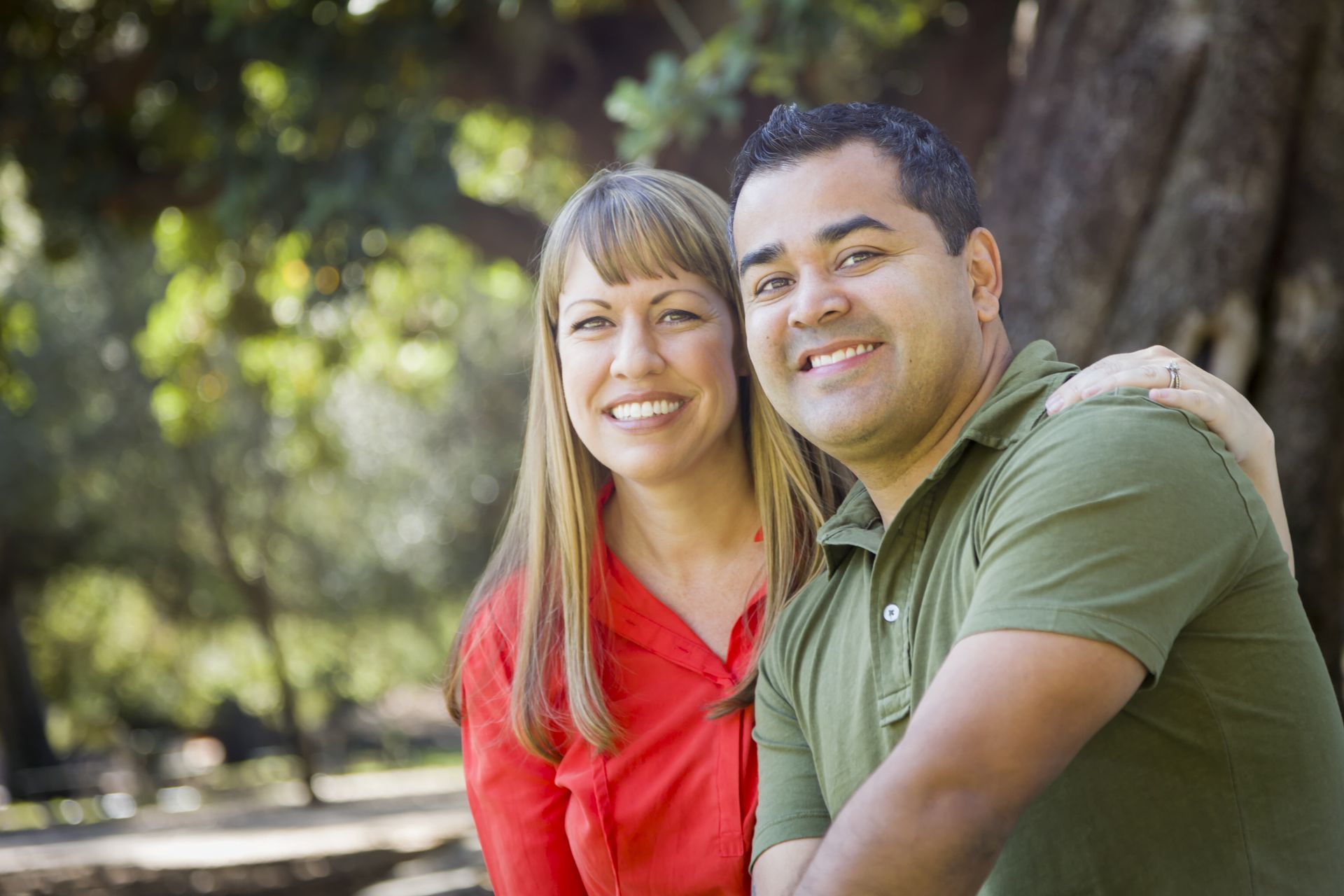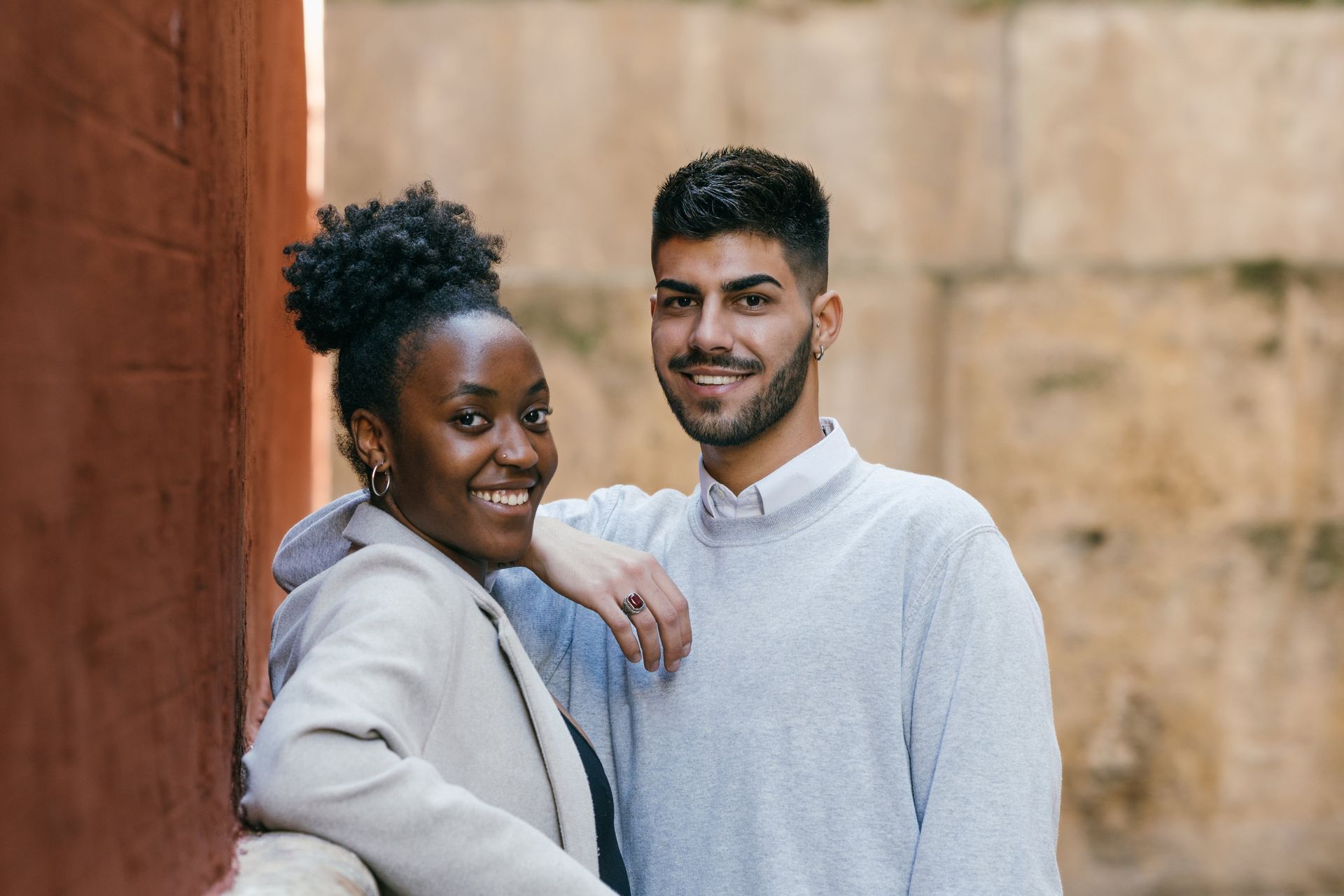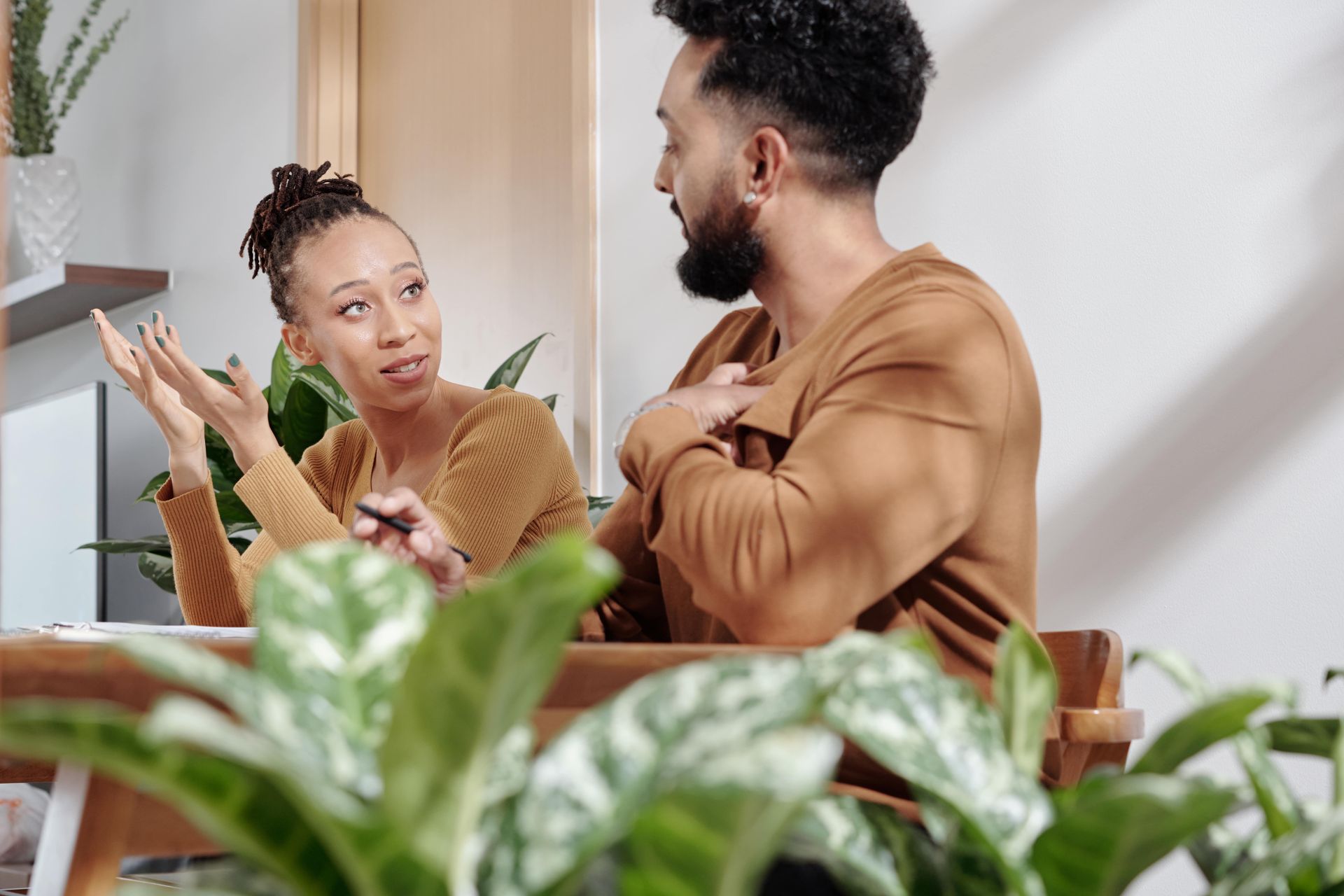What to Expect from Couples Therapy
Relationships can be as challenging as they are rewarding. When two people choose to share their lives, it’s natural to encounter moments of conflict, emotional distance, or miscommunication.
In these moments, couples therapy can be an invaluable resource, offering a safe space for partners to address issues, strengthen their bond, and gain new perspectives. If you’re considering couples therapy but feel unsure about what to expect, this guide will walk you through the key aspects of the process.
1. The Initial Session
The first session is typically an intake meeting where you and your partner will meet with the therapist to discuss your relationship history, your goals, and any immediate concerns. The therapist may ask questions such as:
- What brought you to therapy?
- What do you hope to achieve?
- How do you currently handle conflict?
The initial session allows the therapist to understand your dynamics as a couple and establish a safe, non-judgmental environment. It’s also an opportunity for you to see if the therapist’s approach feels like a good fit.
2. Open and Honest Communication
Couples therapy requires vulnerability and honesty. Both partners must feel safe enough to express their feelings and experiences openly. A skilled therapist will ensure that both voices are heard and respected, facilitating a balanced conversation. You’ll learn how to:
- Identify and express your needs without blame or defensiveness.
- Listen actively to your partner.
- Recognize and challenge unhelpful patterns of communication.
3. Identifying and Addressing Core Issues
While you may arrive with a list of surface-level grievances (e.g., disagreements about finances or household responsibilities), couples therapy often reveals deeper underlying issues. Common examples include:
- Trust and betrayal
- Emotional disconnection
- Unresolved past trauma
- Differing values or long-term goals
The therapist’s role is to help you uncover these deeper concerns and address them in a constructive way.
4. Developing New Relationship Skills
Therapy isn’t just about addressing problems, it’s also about building new habits and skills that strengthen your connection. You may work on:
- Conflict resolution strategies
- Emotional regulation techniques
- Rebuilding trust and intimacy
- Setting healthy boundaries
The therapist may assign exercises or “homework” for you to practice between sessions, such as mindful communication exercises or joint activities designed to foster closeness.
5. The Role of Accountability
A key component of couples therapy is personal accountability. Each partner must be willing to reflect on their behavior and acknowledge their contributions to the current challenges. Change happens when both individuals commit to making shifts in their thinking and actions, not just expecting their partner to change.
6. Progress Takes Time
It’s important to enter couples therapy with realistic expectations. While some couples may experience noticeable improvements after just a few sessions, others may require several months of consistent work. Progress isn’t always linear, and setbacks are a normal part of the healing process. The goal is to create sustainable changes that improve the health of your relationship long-term.
7. When Therapy Concludes
Couples therapy doesn’t have to last forever. Some couples choose to conclude therapy after meeting their goals, while others may opt for periodic check-ins to stay on track. Ending therapy is a collaborative decision between you, your partner, and your therapist. Ideally, you’ll leave therapy with tools that help you navigate future challenges independently.
Final Thoughts
Choosing to invest in your relationship through couples therapy is a courageous step toward growth and healing. Whether you’re facing a significant crisis or simply seeking to strengthen your bond, therapy can provide you with the insights and skills needed to cultivate a healthier, more fulfilling partnership.
If you’re considering couples therapy, remember that it’s not about assigning blame but about working together to create positive change. With time, patience, and commitment, you can build a stronger, more resilient relationship.
Ready to Strengthen Your Relationship?
Take the first step toward a healthier, more connected partnership. Reach out to schedule your couples therapy session today!

